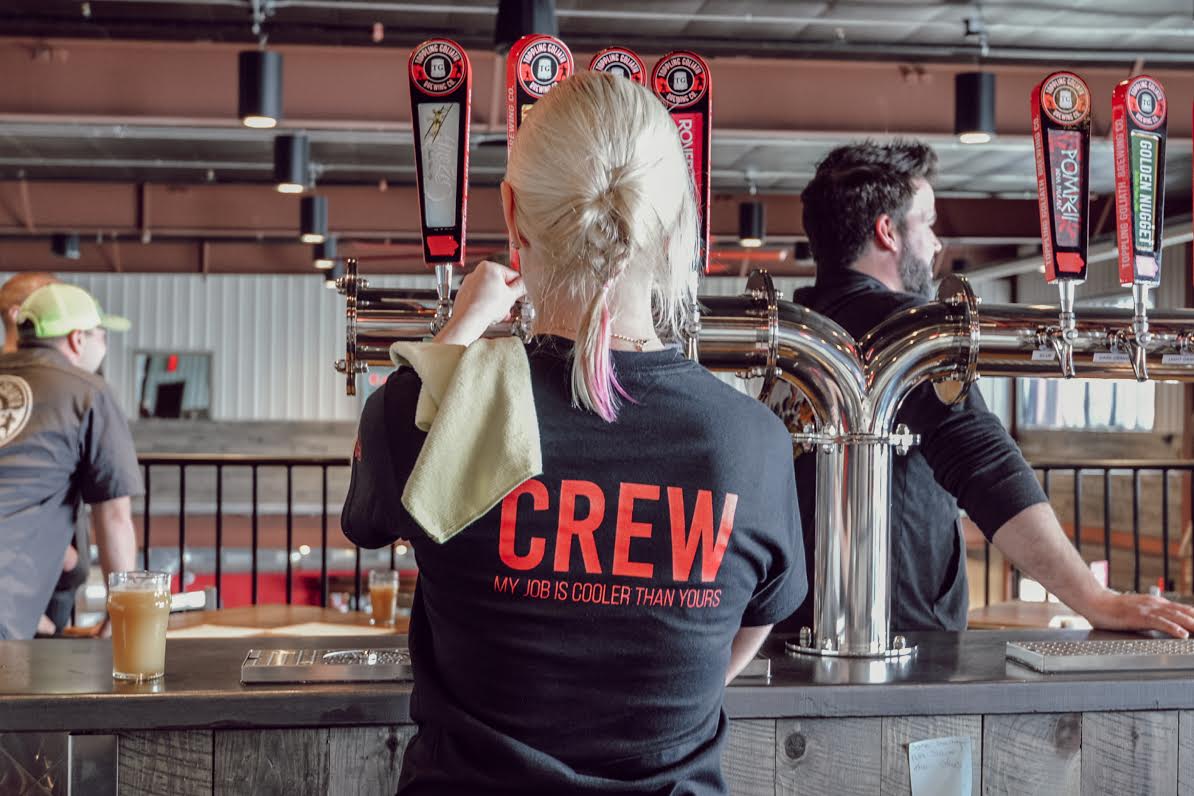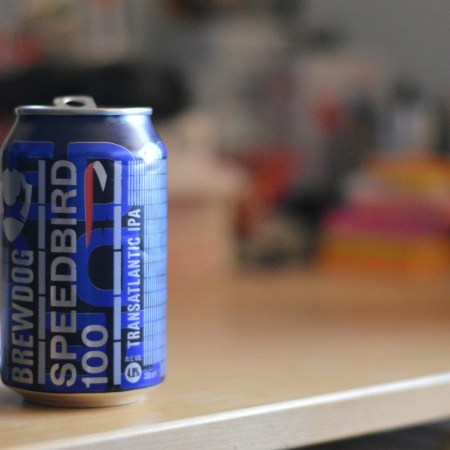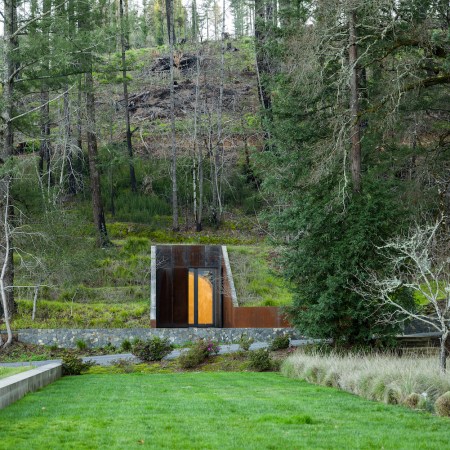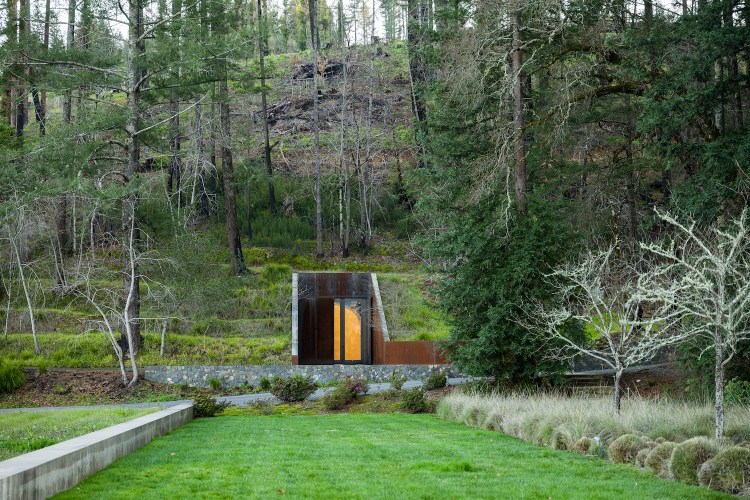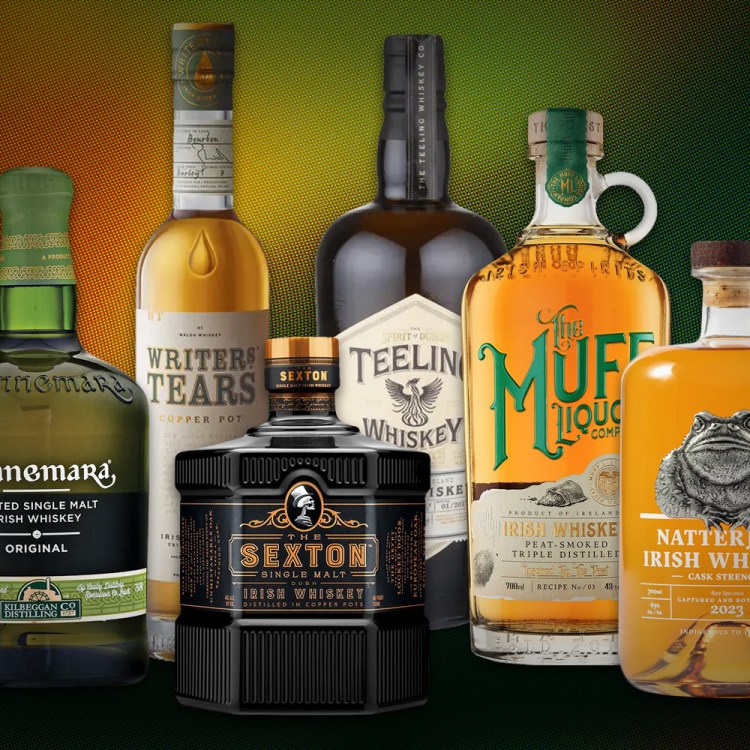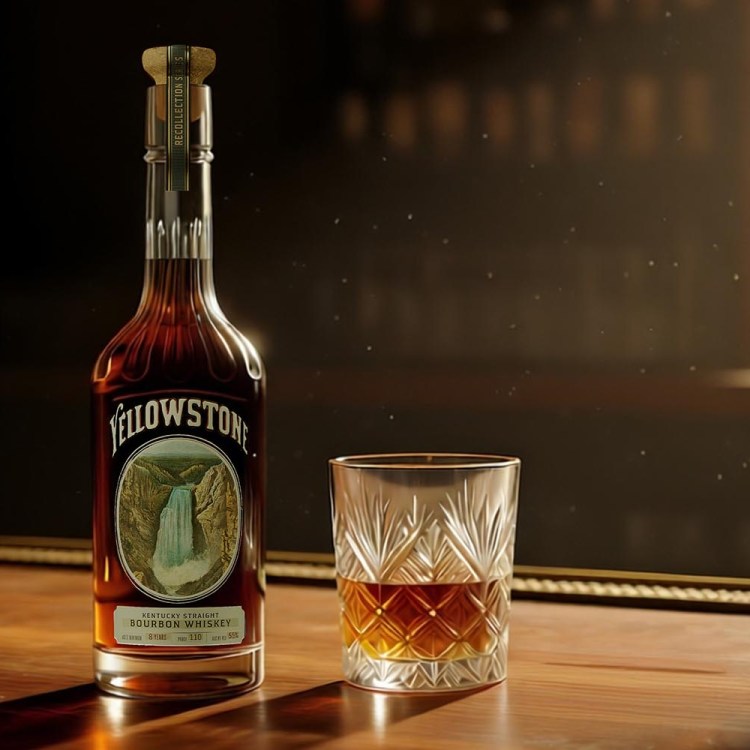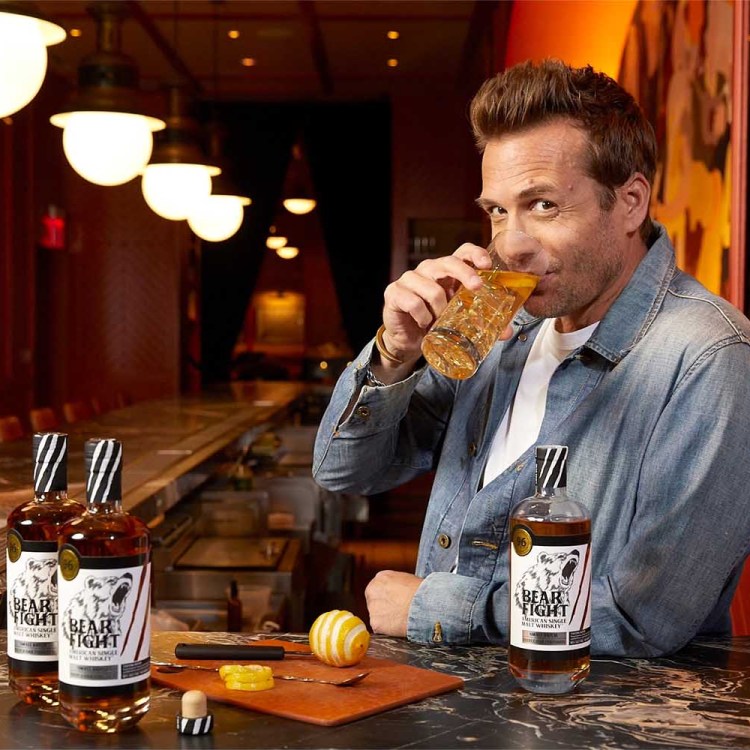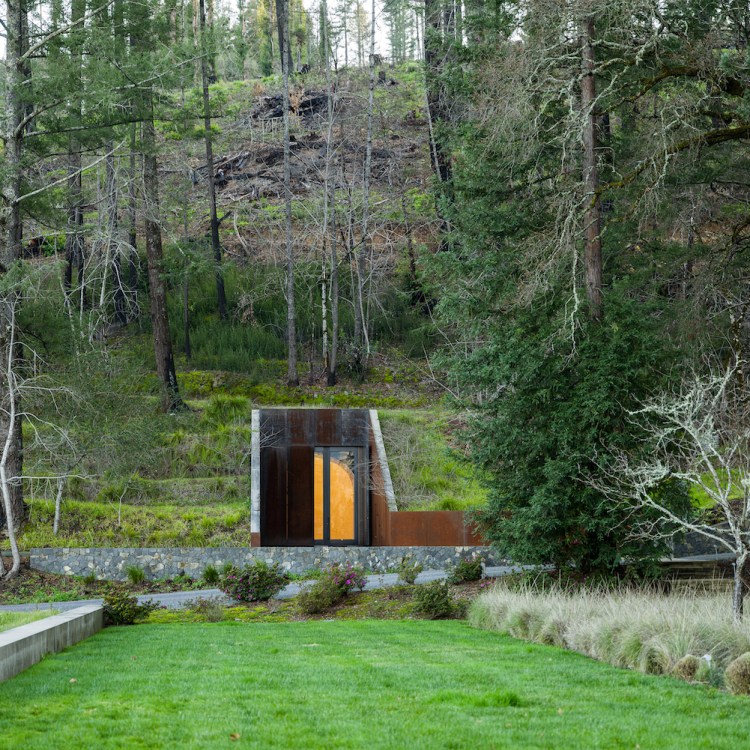Clark Lewey doesn’t have some crazy origin story about how he co-founded Toppling Goliath Brewing Co. Or how founding the brewery and its popularity has turned Decorah, Iowa, into something of an American beer landmark.
“Truthfully, there just wasn’t the type of hoppy beer that I desired, but also thought all of northeast Iowa and — if the brewery caught on — all of Iowa would enjoy,” he tells InsideHook over the phone.
The plan worked.
Today, Toppling Goliath routinely attracts a number of daily drinkers that amounts to half of the town’s population (Just over 8,000 souls) for their limited releases. They almost always sell out immediately — partly because people in Iowa love beer as much as their fellow Midwesterners, but also because of the brewery’s relative proximity to several major metropolises. Des Moines, Iowa’s capital, is a little over three hours away. Minneapolis a little under that. Milwaukee is four hours away and Madison even closer. Chicago is five hours and some change.
It’s just far enough away for the Midwest’s city-dwellers to feel like they’re getting away from it all without getting too far away from it all. It is why Decorah has become the sort of place people from all over drive long distances to check out. In its own way, the brewery has a Field of Dreams feel to it. Like the baseball diamond Kevin Costner’s Ray Kinsella plowed into a cornfield in the Hawkeye state, Lewey built a brewery, and people came.
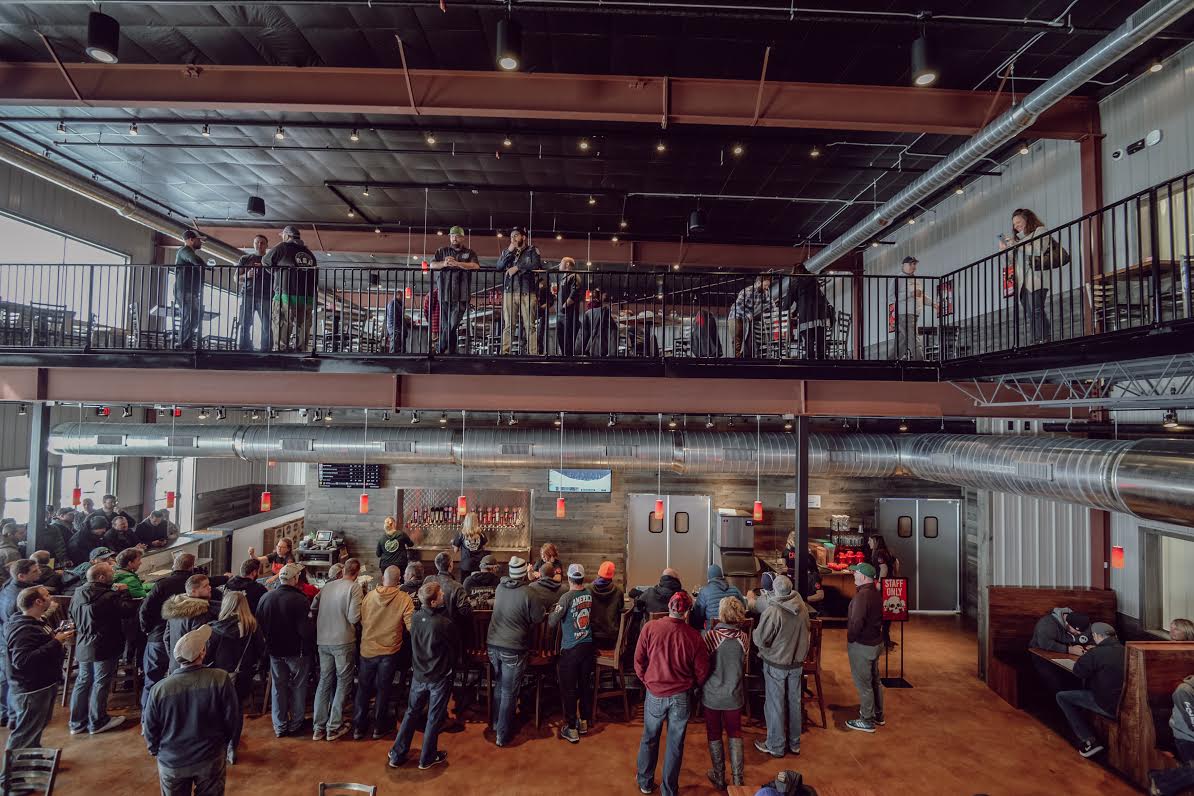
Lewey grew up in Waukon, a lesser moon of a town in the orbit of Decorah, itself home to only 8,000 people. A decade ago, in 2009, he left a comfortable position at Iowa Rocast Plastics, the successful merchandising equipment supplier to breweries started by his family in Decorah. He’d been employed in some capacity since he graduated college in 1985, but wanted to strike out on his own.
Unlike home brewers who maybe accidentally stumbled upon a business after starting out making IPAs as a hobby, Lewey saw a market share opportunity in a relatively obscure, unpopulated part of the world. His experience and connections in the world of beverage distribution greatly reduced the risk, but it was still a gamble. Would people care? Part of the beer experience in the 21st century is place. And he wasn’t building a brewery in a place that people could easily access via a subway or an Uber.
Decorah, however, has a compelling magic. It’s the epicenter of a region of geologic and celestial portent, a uniquely beautiful landscape of rolling hills that defies preconceived notions of Midwestern geography. The town itself was built over a 470-million-year-old crater formed by a meteor that struck the earth’s surface when it was mostly water. The prehistoric ocean later filled the miles-wide crater with shale rock. Ice-age glaciers spared it the flattening force that transformed northwestern Iowa and Minnesota into a hummocky plain and left the carved terrain to its own plateau.
The region was settled by the Ho-Chunk after they were forced out of Wisconsin by the United States. Not long after, Norwegian immigrants colonized the area as the territory thrust itself toward statehood, naming the site of Toppling Goliath and Lewey’s hometown after the Ho-Chunk diplomat and U.S. ally Waukon Decorah. Now its citizens mostly farm or work at the Lutheran-affiliated liberal arts college.
In a way, Decorah and Toppling Goliath chose one another. Lewey saw the need for a kind of hop-revolving breed of beers that wasn’t accessible in the region at the time, but he also merely needed the formality of physical production facility for beer that he already knew he would be able to distribute effectively. Cultivating a national reputation for critically acclaimed varietals of beer in northwestern Iowa was incidental to the original project of producing a quality product.
Location is important, but getting the talent there is another complicated piece of the puzzle. Sure, if you’re in Brooklyn or one of the Portlands, San Francisco or some other big city with lots going on, luring talent might be easier. But Lewey hit the jackpot with Mike Saboe, a young brewmaster who Lewey has said convinced the brewery owner to hire him. Since then, Toppling Goliath’s master brewer and head of operations produces what critical consensus rates as some of the world’s best craft beer. The brewery’s flagship American pale ale, “Pseudo Sue,” has been reviewed 803 times on Beer Advocate. In self-consciously ciceronic language, these reviewers note the ale’s “Semi-opaque dull orange” appearance and a taste that features “modest astringency and some late dryness.” The website rates it the fifth best of all American Pale Ales.
Of course, beer hobbyists and their attendant disposable income wouldn’t know to journey to the critically acclaimed brewery in a secluded part of the world if they didn’t know about the beer in the first place. The first step, then, is getting product on the shelves, and Lewey’s experience in the distribution world allowed a sophisticated understanding of a simple equation: distributors will stock beer that’s getting buzz.
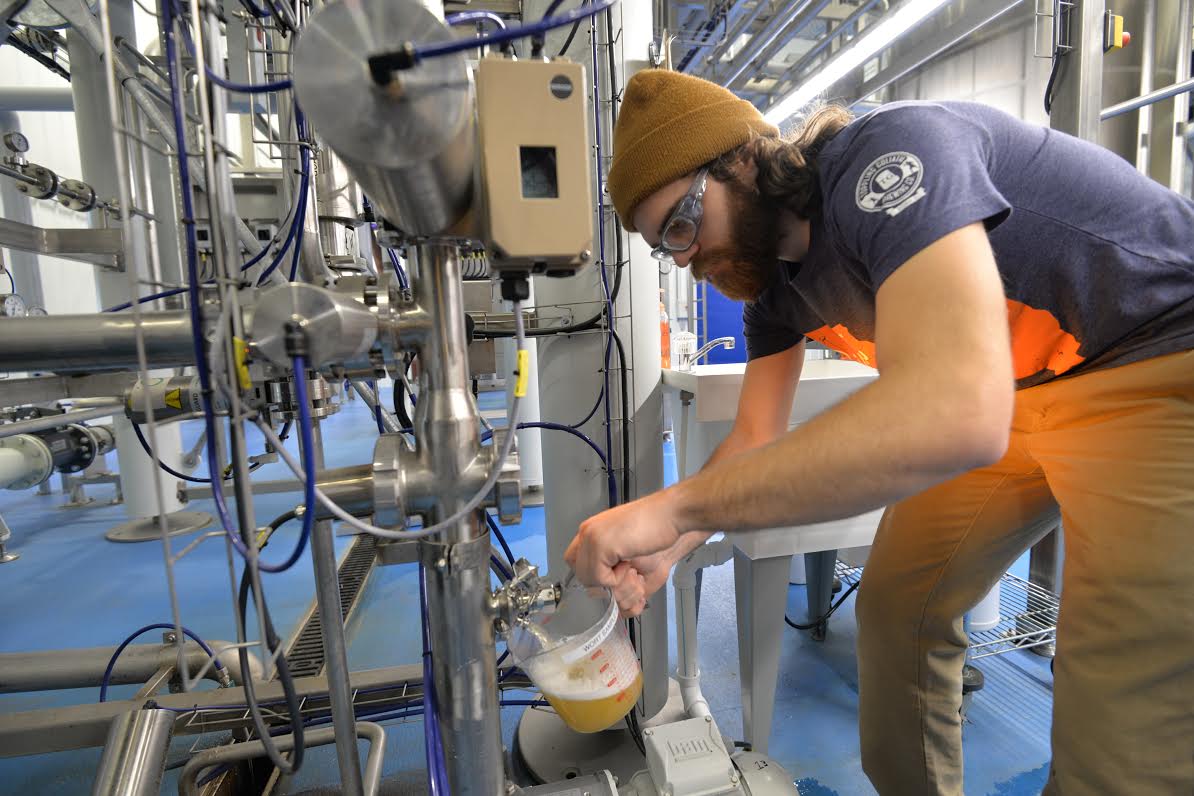
Lewey has proved himself an expert grassroots marketer, which seems to be an art of knowing the exact right people you need to get your product in front of. Lewey makes strategic choices as to which marquee beer conventions he and Saboe attend. Events like Great Taste of the Midwest festival in Madison, Extreme Beer Fest in Boston, Great American Beer Festival in Denver and even a heavy metal-themed beer festival in Minneapolis have all contributed to Toppling Goliath’s rise.
These are the places from which word of the brewery’s particular quality filters out into the world. Now, 16-ounce cans of popular beers like “Pseudo Sue” and “Pompei” are available in 19 states, with a year-end goal of reaching at least 23. It’s available in limited distribution in South Korea, Australia and some European countries.
In the span of a decade, Lewey has built a craft-beer empire from the comfort of his hometown, and he exerts an emperor’s control over the secrets to his success. He reacted with severe litigiousness last year when a former Toppling Goliath head brewer attempted take up a position at another brewery to the south. The suit on the brewery’s behalf claimed the former brewer was violating a non-compete contract asserting that he couldn’t work for any brewery within 150 miles.
Lewey makes some exceptions to his rules. Sometimes, in business, competition is actually a good thing: it drives you to do better, and in the case of an out-of-the-way spot like Decorah, it can’t hurt to give die-hards more reason to make the schlep. Two former Toppling Goliath Brewers, Robert Slack and Justin Teff, broke away to form their own brewery, Pulpit Rock Brewing Co., in 2015. This brewery, located in Decorah, doesn’t seem to bother Lewey. That may have something to do with the fact that Pulpit Rock doesn’t distribute and focuses on producing an array of constantly shifting offerings of small-batch craft beers. Having two breweries in town means more craft-beer tourists, and a rising tide lifts all beers.
“They’re making some darn good beer,” Lewey says. “I’d be disappointed if they weren’t, because it would mean we aren’t good teachers.”
As for his own future, Lewey and his wife, Toppling Goliath co-owner Barbara Lewey, plan to continue stoking the flames of their upstart success. They will continue to push for their vision of making Toppling Goliath a national brand and spread the good news from Decorah across the nation and the world. Lewey isn’t opposed to selling to one of the beer production conglomerates, but it’s not in the current business plan.
“Ultimately, everyone dies. But right now my wife and I are young, 53 years old,” he says. “This is a passion for us. I’ve never done anything I don’t love to get up and do every day. This is a job I absolutely love.”
Every Thursday, our resident experts see to it that you’re up to date on the latest from the world of drinks. Trend reports, bottle reviews, cocktail recipes and more. Sign up for THE SPILL now.
